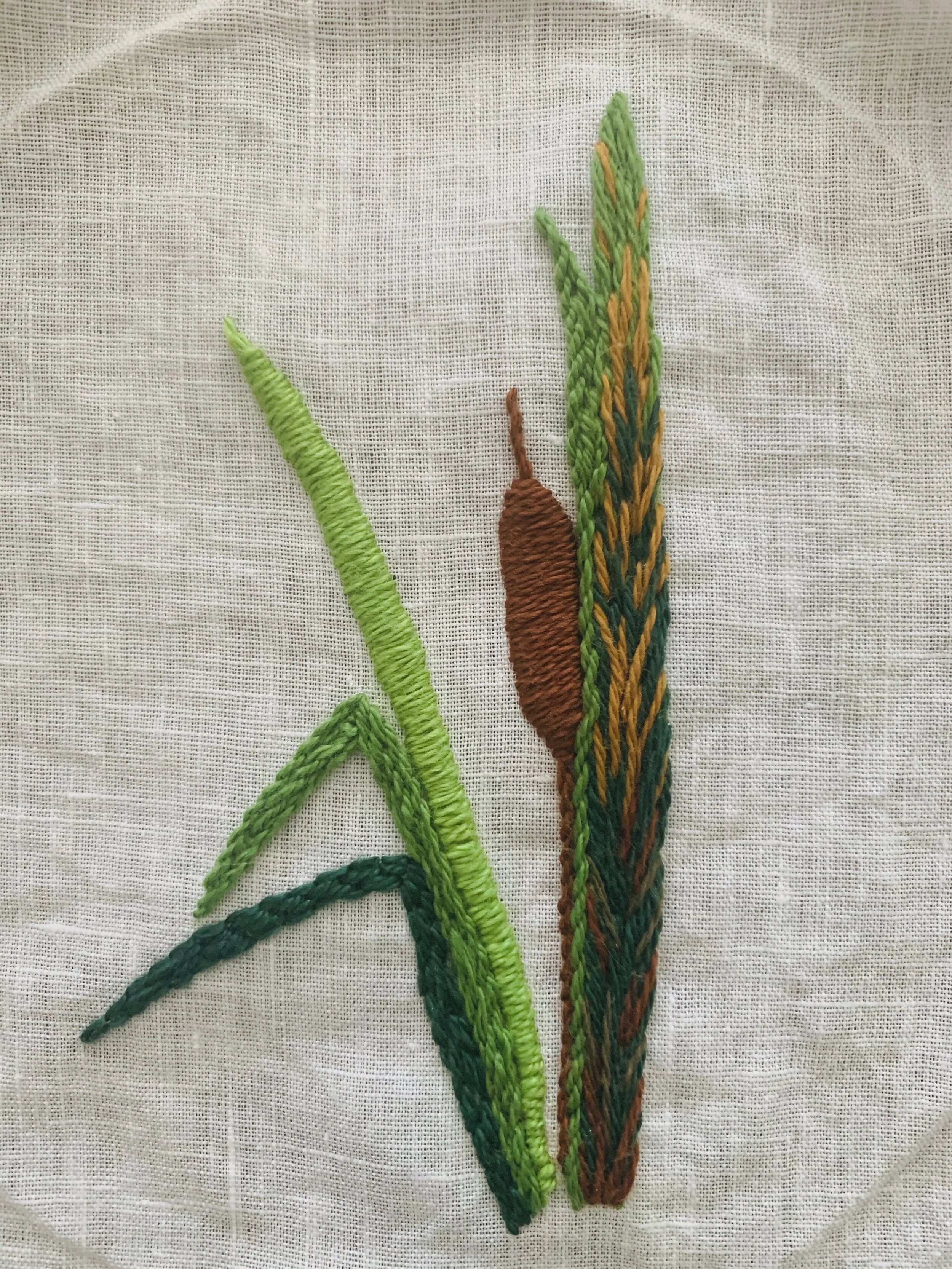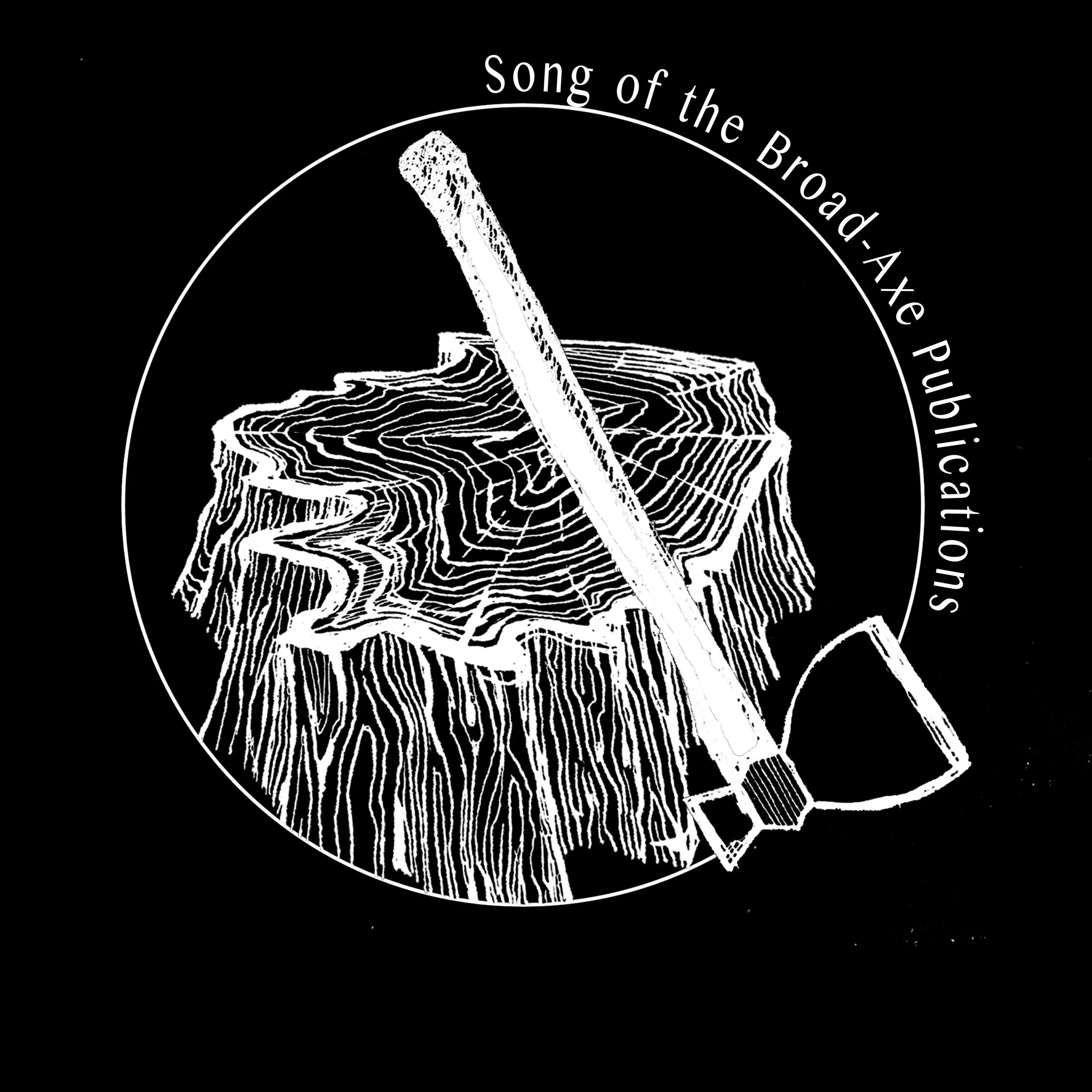Literature on Substack, its Uses and Shortcomings -- the Editor's Desk
Tier 1 - In Brief
Song of the Broad-Axe Publications will be making more use of Substack. In addition to our regular schedule of passages, other materials posted to the primary site, and print offerings, select excerpts from The Rialto Books Review, short stories from Alexandra Ranieri’s forthcoming collection, and selections from Russell Block’s novel :B will be published to our Substack, , The Ha’Penny Papers. We are actively interested in publishing the work of new writers, both in print and digitally. If you are interested in being published by Song of the Broad-Axe Publications, please email editors@broadaxepublications.com.
You can read the second part of Russell Block’s An Island Song and Coda on Substack.
Tier 2 - The Specifics
As part of Song of the Broad-Axe Publication’s continuing efforts to establish a robust basis for the survival of literature in the 21st century, more use will be made of our Substack, The Ha’Penny Papers, going forward. Substack is popular amongst independent journalists, in part because the business model is good at enabling a writer to derive a revenue from a readership that desires information about subjects that may be ignored or only cursorily covered by major news services. Newsletters covering politics, finance, or sports have all found Substack a useful service for the building and monetization of an audience. It seems that the success stories from the world of literature are fewer and farther between. The reasons for this are myriad. Many of the reasons that literature has not found the same kind of success as journalism on this platform, and why few platforms specifically dedicated to literature have been developed, are due to literature’s increasing irrelevance in a society where distractions are abundant, and readers are few. Irrelevance is not synonymous with obsolescence, however, and I therefore think it a matter of some importance to consider the ways in which Substack fails literature. Thereafter, a statement can be made about what may be done, operationally and editorially, to make it measuredly more useful despite these shortcomings.
Literature requires an immense investment of time, from writer and reader alike. For many of today’s factors of analysis, this is literature’s great detriment and the reason for its present winter. From a more considered point of view, this is one of literature’s assets. Literature is the root structure of our ideals. It is slow because there is a species of consideration that requires rumination. It is not disposable in the sense that writing about politics, finance, or sports is disposable. Journalism is primarily informative, and useful therefore, whereas its writing is mostly an exercise of style, and not the constitution of meaning in a manner that is beautiful. Literature is occasionally informative, hardly ever useful, except, critically, as a medium for the practice of contemplation. Substack aims to provide writing at the uppermost portion of the inbox at a point when it holds the most immediate interest due to an external circumstance, like a news worthy event, or a sporting event. Its persistence in the reader’s inbox is of no more use than the expired offers that keep it company. Unfortunately, the kind of writing that performs best on Substack does not constitute a structure like roots; and, if literature is to have no more than a limited station in the 21st century, as it has but a limited station in the inbox, I contend that we will want desperately of structure able to keep us rooted.
What is the writer of literature to do? Should they write at a furious pace in order to rival the word count of the kind of writing that performs well on Substack? This will doubtless lead to work that lacks in either journalism or literature’s merits, work that fails in its short frequencies as in its long. Should they provide their work for free and, in that way, not feel compelled to meet the expectation of their reader’s monthly fee? The question of ‘then what?’ kills any designs upon literature, leading inevitably to the start of a moderately successful presence on Twitter, where writing becomes utterly vestigial, and even rather subservient to the real product that is passive aggressive ironies in the contemporary style, or, worse yet, the repetition of pieties absent all irony. It is a quandary.
The question of pace and that of pay can both be solved by working with other writers. With a centralized newsletter run collectively, writers can establish a long term equity in the newsletter, producing their writing when it is ready and collecting their portion of the revenue when they do. If none of the principals are prepared to produce a work, they could collectively forego the a portion of the revenue in order to purchase a piece by an outside writer. This solves one of the problems of publishing in print. Costs involved in printing means that the publisher, or publisher writer in my case, is not free to share potential revenue with contributors without first asking for them to contribute to the costs. This incentivizes paying writers up front. Substack being costless means long term equity can be shared with a host of writers.
This does leave one problem unsolved. Print publications must remain the primary vehicle for the distribution of literature. This is true, in part, because print is beautiful, in part because it is practical. As described above, the uppermost portion of the inbox is not the proper place for literature. The effort to provide literature when it is useful demands that it is made extremely easy for readers to acquire physical editions of the writing that can also be found on our Substack. Song of the Broad-Axe Publication’s system for providing each of its contributors with a individual payment link, automatically kicking a portion of that sale back to the writer whose link was used, and fulfilling purchases made through these links centrally meets this demand admirably. Finally, in order to ensure that print remains the best way to participate in the work being published by Song of the Broad-Axe Publications, work that is published on our Substack will be removed on a quarterly basis, with decommissioned works occasionally reappearing.





